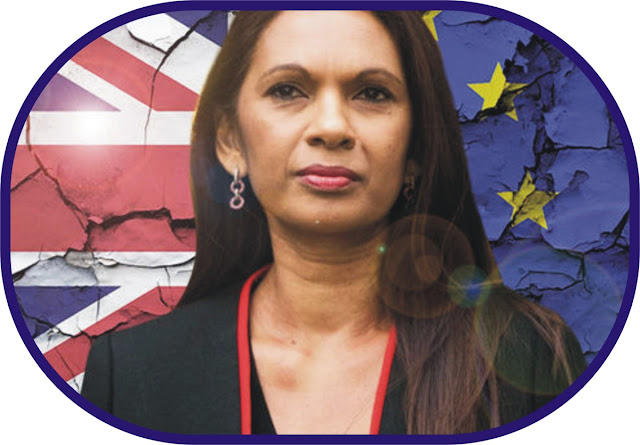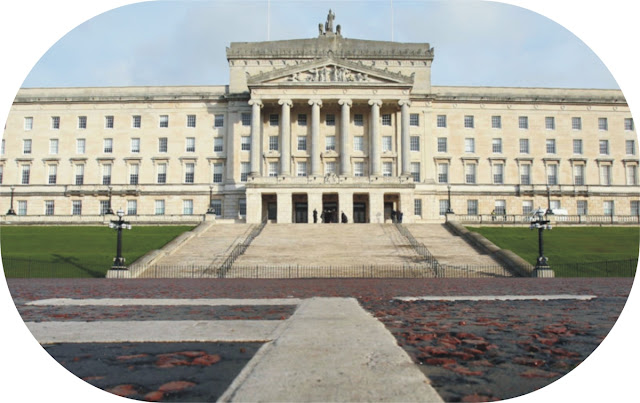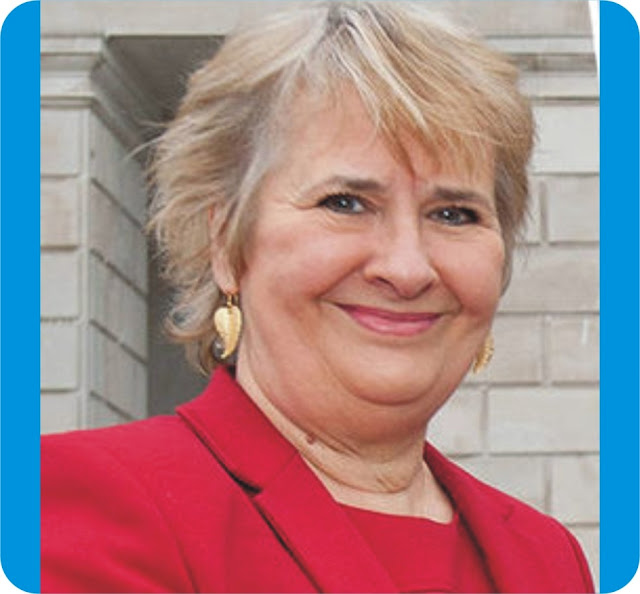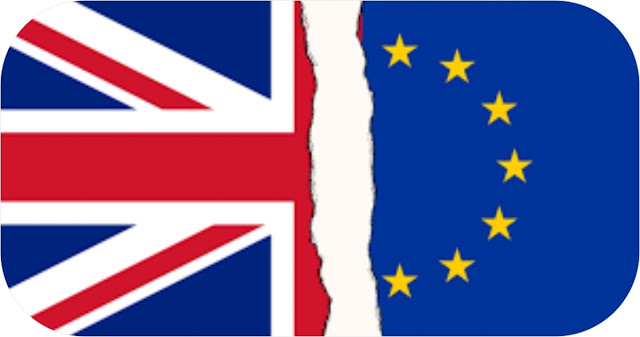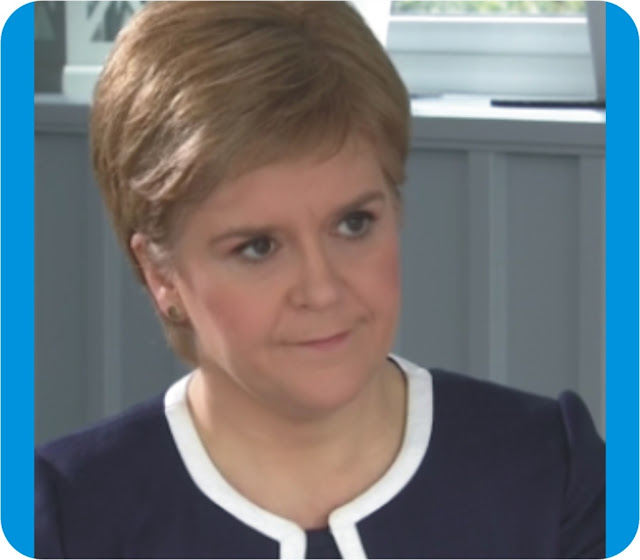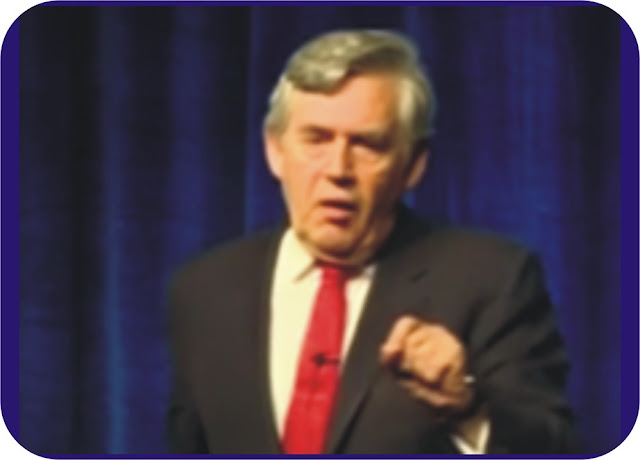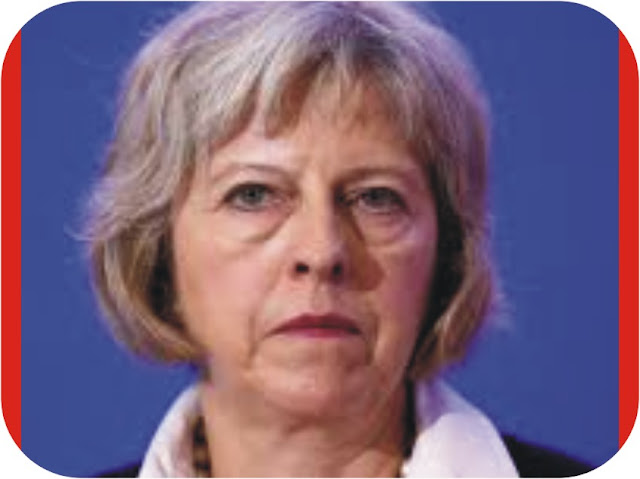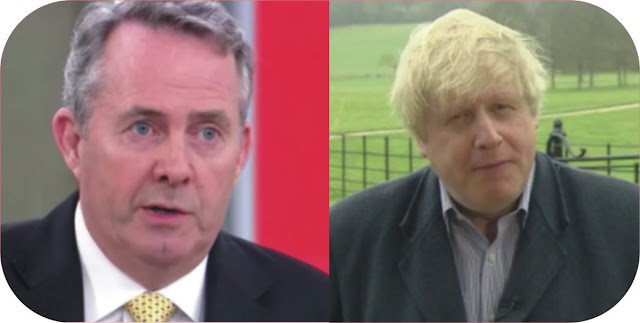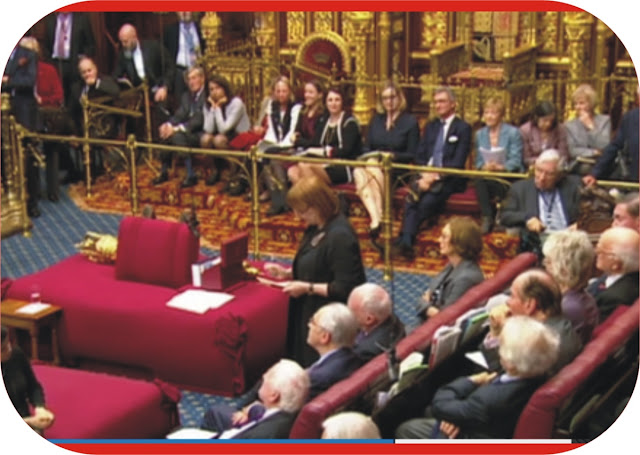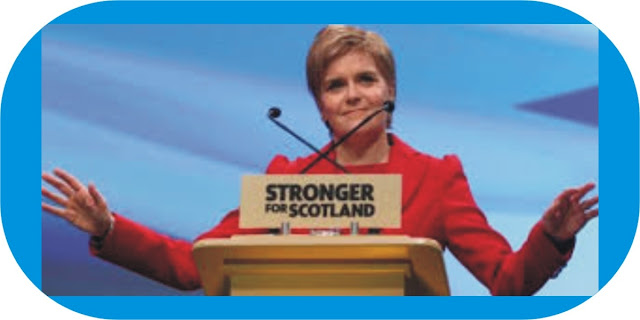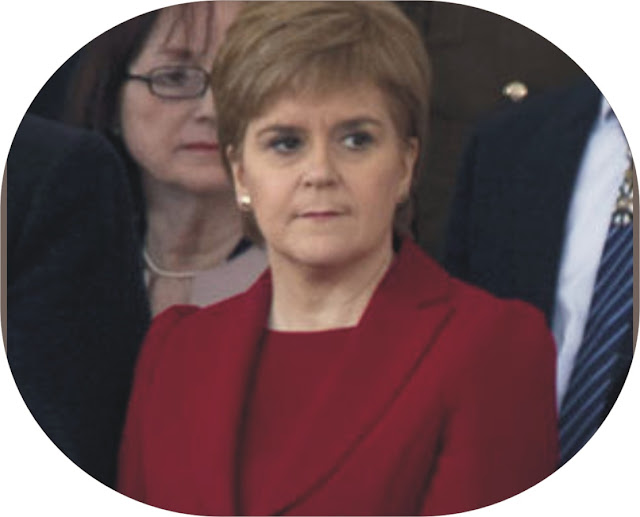
Body language expert reveals the pretence expressed by May and Sturgeon
Expert releases analysis of the body language between
Theresa May and Nicola Sturgeon after their in Glasgow yesterday.
During the meeting, the Prime Minister announced to Sturgeon
that her position “will not change” when it comes to a second independence
referendum for Scotland.
All the same they put on a polite display for the cameras,
their non-verbal cues told a very different story.
Body language professional Darren Stanton has revealed his understanding
on the meeting to Express.co.uk. saying: “Under normal circumstances this looks
like a standard picture and not too much is going on.
“The two are what we describe as matching and mirroring each
other with their posture and facial expressions, which would normally denote
mutual respect, understanding and rapport.
“What makes the difference in this photo is the facial
expressions: a smile is the most faked emotion we can display.”
According to Stanton, there is nothing honest about the amusing
expressions on both women.
Explaining that: “A true smile would see certain muscles
engaged on the face, however both women are faking a smile for the camera, as
if being asked to say cheese whilst posing for a photo at an event you don’t
want to be at.
“Regardless of age, we should be seeing ‘crowfeet‘- a few
pronounced lines near the temple area on the head.
“If we zoom into the photo even more we don’t see this, so
we can conclude this is not genuine happiness at being there.”
Moreover, the next photograph - displaying the women looking
at each other - is even more revealing.
Darren said: “May has relaxed and has changed her posture
and it appears such an awkward moment, it’s like having an anxiety to
communicate to someone but not knowing how to do so, like an awkward date or
family event you don’t want to be at.”
It look as if the Prime Minister may even be gazing out the
window, dodging the eyes of the First Minister according to Darren.
He further said: “Sturgeon’s head tells a tale, when we
raise our head and pronounce our chin and jaw it denotes defiance, sometimes
aggression, but overall Sturgeon appears to be remaining consistent with the
person she is and telling it like it is.”
The meeting lasted for about an hour, leaving Sturgeon
“frustrated by a process that appears not to be listening”.
